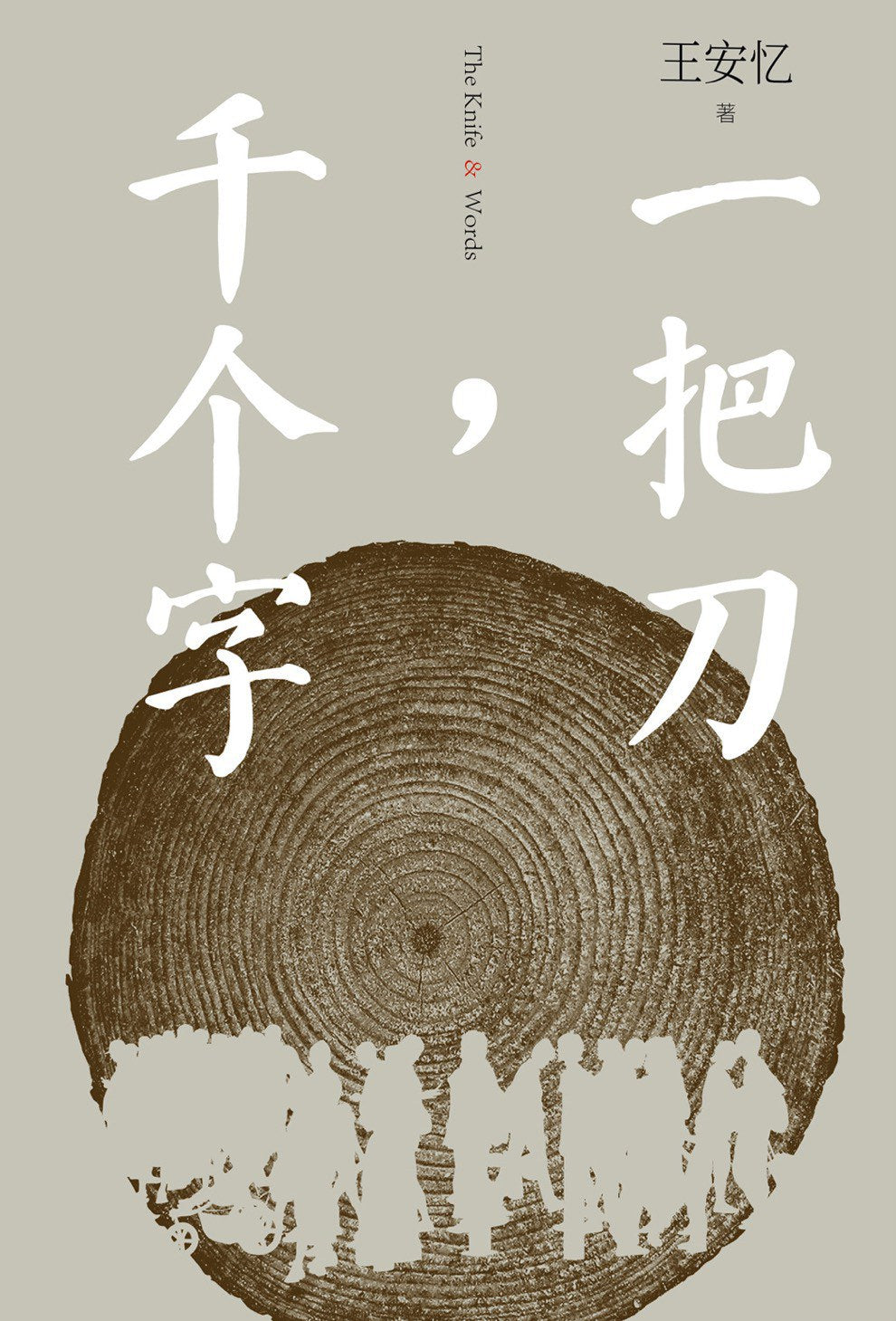WULOLIFE
《一把刀,千个字》 作者: 王安忆 出版社: 人民文学出版社
《一把刀,千个字》 作者: 王安忆 出版社: 人民文学出版社
Couldn't load pickup availability
Description
内容简介 · · · · · ·
王安忆的长篇《一把刀,千个字》从清袁枚的“月映竹成千个字,霜高梅孕一身花”进入,以一位淮扬名厨非同寻常的成长经历为叙述线索,他生于东北的冰雪之地,记忆却从因避难而礼失求诸野,他启蒙于祖辈扬州乡厨的鲜活广博,蜕变于上海淮扬系大师的口授身传,后来在纽约法的启蒙源自《红楼梦》《黄历》《易经》一样,不同地域间的舌尖上的美味,其实开阔出另外一番融汇了天地与自然体悟的精妙世界,而时代更迭与反复冲刷席卷下的个人命运与下的民间记忆。
《一把刀,千个字》先期在《收获》杂志发表,得到广泛的关注和好评,读者和评论者都被王安忆在本书中展现的人物、故事、内涵赞佩不已。思考的深沉,功力的深厚,情感的深潜,表达的精巧,王安忆的长篇小说创作更上一层楼。
一把刀,故事从谁讲起?千个字,写到哪里结束?
不断挖掘人性
“把刀”,杀鱼斩骨,从上海到纽约,刀下无数佳肴。
“千个字”,花前月下,竹影如人,认不清,写不完。
来自中国的陈诚,靠一手厨艺在纽约法拉盛谋生。姐姐不时带美国男友来弟弟家吃饭,姐姐尖刻,二人时有言语较量。姐姐的男令人或捧腹或惊诧。 。 。 。
陈诚少小离家,以往父母工作繁忙的时代,姐姐掌管家务大事,敢想敢做。父母的性格也如姐弟俩,父亲平稳持重,母亲活泼多思。一家人动静兼容。
生活轨迹的改变与社会动荡相关,陈诚被送到上海和嬢嬢相依度日。孤僻的嬢嬢给了他文化的开蒙和谋生的本事,里弄的生活给了他可靠的朋友和意外的妻子。而消失的母亲,一直深刻而无形地对父亲、姐姐和他产生影响,给他们增添了许多故事,许多幸与不幸。多年以后,嬢嬢睹物思人,抚今追昔。
如果我们只是把《一把刀,千个字》看成王安忆得心应手、技艺纯熟的又一部力作,就有可能忽视这部长篇所要挑战的巨大困难:也是今天这个时代言说和表达的困难。小说从纽约法拉盛海量匿名存在的一个扬州菜厨师起笔,追溯他从童年到中年的历程,时间推移,时代改变,地理空间一迁再迁,但无论何时何地,都无法消除生中的一个黑洞:它是虚空,却无处不在。它是上一个时代的后遗症,英雄母亲决绝地飞蛾扑火,但代价绝不止于个人的牺牲——没有母亲的下一代,要用几乎全部的人生与这个后遗症的幽灵周旋、闪躲、抵抗、搏斗。王安忆真诚而锐利地来叩问、思考、辨证、描述,在革命、理想、信仰与油盐酱醋、请客吃饭、人间烟火的张力推进叙述,一个字一个字地写出历史、时代、个人的难以化解的纠结和持久的创伤,由此成就的这部作品,不仅再次证明她创造力的历久弥新,也向虚浮嘈杂的现实提示文学铭刻的庄重和深沉。
——复旦大学教授张新颖
作者简介 · · · · · ·
王安忆,当代作家。上海市作家协会主席,复旦大学教授。1977年开始文学创作,著有《69届初中生》《纪实与虚构》《长恨歌》《桃之夭夭》《遍地枭雄》《启蒙时代》《天香》《匿名》《考工记》散文、剧本等数百万字的作品。
曾获全国优秀短篇小说奖、全国优秀中篇小说奖、茅盾文学奖、鲁迅文学奖、庄重文文学2013
